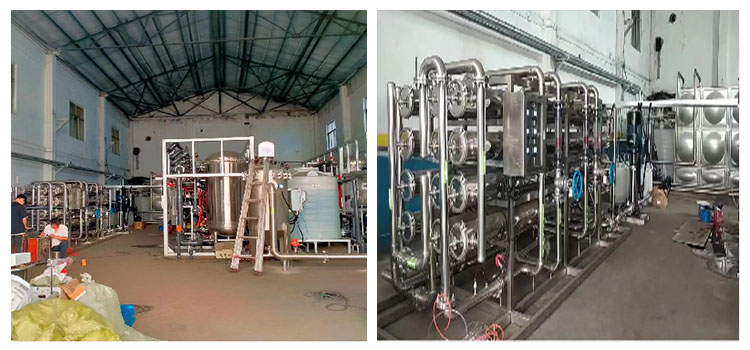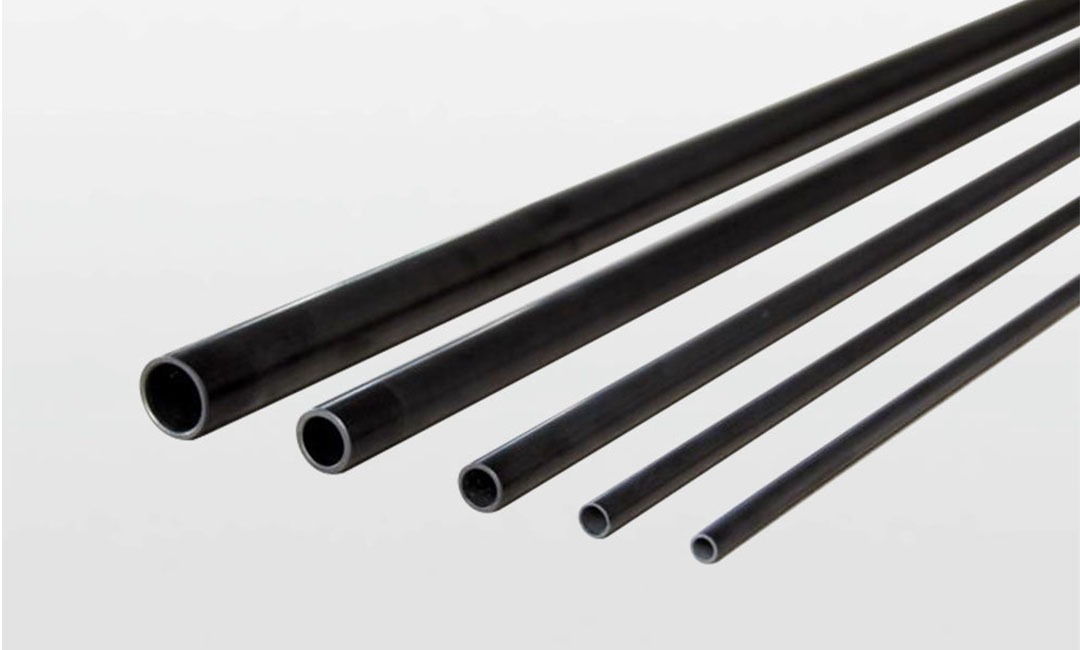Improved Efficiency in Water Treatment Processes
Silicon carbide (SiC) membranes are revolutionizing separation technology across various industries, particularly in the field of water treatment. These membranes offer numerous advantages over traditional filtration methods, including improved efficiency, durability, and cost-effectiveness. As a result, they are becoming increasingly popular in applications such as desalination, wastewater treatment, and industrial processes.
One of the key benefits of SiC membranes is their high permeability, which allows for faster and more efficient filtration of water. This is especially important in large-scale water treatment plants, where high volumes of water need to be processed quickly. SiC membranes can handle a wide range of feedwater qualities, making them versatile and adaptable to different treatment requirements.
In addition to their high permeability, SiC membranes are also highly durable and resistant to fouling. This means that they require less frequent cleaning and maintenance compared to other types of membranes, resulting in lower operating costs and increased uptime. The longevity of SiC membranes also contributes to their cost-effectiveness, as they have a longer lifespan and do not need to be replaced as often as other filtration systems.
Furthermore, SiC membranes are capable of removing a wide range of contaminants from water, including bacteria, viruses, and organic compounds. This makes them ideal for applications where high-quality water is essential, such as in the production of pharmaceuticals or in the treatment of drinking water. The ability of SiC membranes to effectively remove contaminants ensures that the treated water meets stringent quality standards and is safe for consumption or reuse.
Another advantage of SiC membranes is their resistance to harsh chemicals and high temperatures. This makes them suitable for use in industrial processes where the water may contain corrosive substances or be exposed to extreme conditions. SiC membranes can withstand a wide range of pH levels and temperatures, making them versatile and reliable in a variety of applications.
Overall, the use of SiC membranes in water treatment processes offers numerous benefits, including improved efficiency, durability, and cost-effectiveness. These membranes are changing the way water is treated across industries, providing a more sustainable and environmentally friendly solution for the purification of water. As technology continues to advance, SiC membranes are likely to play an increasingly important role in ensuring access to clean and safe water for communities around the world.
Enhanced Performance in Gas Separation Applications
Silicon carbide (SiC) membranes are revolutionizing separation technology across various industries, particularly in gas separation applications. These advanced membranes offer enhanced performance compared to traditional separation methods, making them a popular choice for industries looking to improve efficiency and reduce costs.
One of the key advantages of SiC membranes is their high permeability and selectivity. This means that they can effectively separate gases based on their molecular size and properties, allowing for precise control over the separation process. This level of precision is crucial in industries such as petrochemicals, where the purity of gases is essential for the production of high-quality products.
In addition to their superior separation capabilities, SiC membranes are also highly durable and resistant to harsh operating conditions. This makes them ideal for use in industries that require continuous operation and exposure to corrosive gases or high temperatures. The longevity of SiC membranes reduces maintenance costs and downtime, further enhancing their appeal to industries looking to streamline their operations.
Furthermore, SiC membranes are known for their scalability and flexibility. They can be easily customized to meet the specific requirements of different industries, making them a versatile solution for a wide range of applications. Whether it’s separating gases in the pharmaceutical industry or purifying natural gas in the energy sector, SiC membranes can be tailored to deliver optimal performance in any setting.
The use of SiC membranes in gas separation applications has also been shown to improve energy efficiency. By reducing the energy consumption required for separation processes, industries can lower their operating costs and minimize their environmental impact. This is particularly important in industries that rely heavily on energy-intensive separation methods, such as the chemical and manufacturing sectors.
Another key benefit of SiC membranes is their ability to operate at high pressures, making them suitable for use in demanding industrial environments. This allows industries to achieve higher separation efficiencies and throughput rates, leading to increased productivity and profitability. The robust nature of SiC membranes ensures that they can withstand the rigors of high-pressure operations without compromising performance.
Overall, SiC membranes are transforming gas separation technology across industries by offering enhanced performance, durability, scalability, and energy efficiency. Their superior separation capabilities make them a valuable asset for industries looking to optimize their processes and improve their bottom line. As the demand for efficient separation solutions continues to grow, SiC membranes are poised to play a pivotal role in shaping the future of separation technology.
Advancements in Pharmaceutical and Biotechnology Separation Techniques
Silicon carbide (SiC) membranes are revolutionizing separation technology across various industries, including pharmaceutical and biotechnology. These advanced membranes offer superior performance and efficiency compared to traditional separation methods, making them a popular choice for companies looking to improve their processes.
One of the key advantages of SiC membranes is their high chemical and thermal stability. This makes them ideal for use in pharmaceutical and biotechnology applications where harsh chemicals and high temperatures are often present. SiC membranes can withstand a wide range of pH levels and temperatures, making them versatile and reliable for a variety of separation processes.

In addition to their stability, SiC membranes also offer excellent filtration properties. Their unique structure allows for precise control over pore size, ensuring efficient separation of molecules based on size and shape. This level of precision is crucial in pharmaceutical and biotechnology industries where purity and quality are paramount.
Furthermore, SiC membranes have a high flux rate, meaning they can process large volumes of liquid or gas in a short amount of time. This results in faster separation processes and increased productivity for companies in the pharmaceutical and biotechnology sectors. Additionally, the high flux rate of SiC membranes reduces energy consumption, making them a cost-effective solution for separation applications.

Another benefit of SiC membranes is their durability and longevity. These membranes have a long lifespan and require minimal maintenance, reducing downtime and operational costs for companies. This reliability is essential in pharmaceutical and biotechnology industries where consistent performance is critical for product quality and regulatory compliance.
The use of SiC membranes in pharmaceutical and biotechnology separation processes has led to significant advancements in research and development. These membranes enable researchers to achieve higher purity levels and better separation efficiency, leading to improved product quality and increased yields. This has a direct impact on the development of new drugs, vaccines, and biotechnological products, ultimately benefiting patients and consumers.
Moreover, SiC membranes are environmentally friendly and sustainable. Their efficient separation properties reduce waste and energy consumption, making them a green alternative to traditional separation methods. Companies in the pharmaceutical and biotechnology industries are increasingly turning to SiC membranes to meet their sustainability goals and reduce their environmental footprint.
Overall, SiC membranes are changing the landscape of separation technology in pharmaceutical and biotechnology industries. Their stability, filtration properties, high flux rate, durability, and sustainability make them a superior choice for companies looking to improve their separation processes. As research and development in these industries continue to evolve, SiC membranes will play a crucial role in driving innovation and advancing scientific discoveries.

